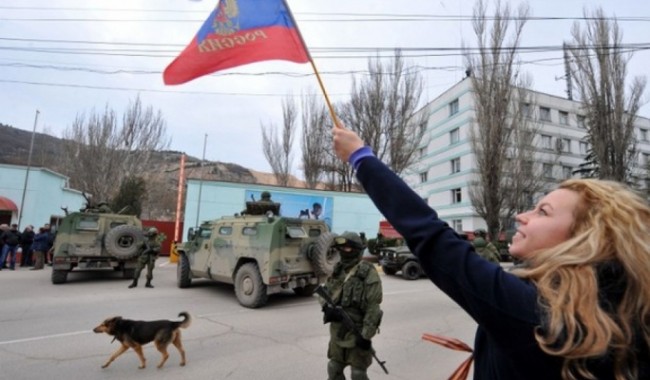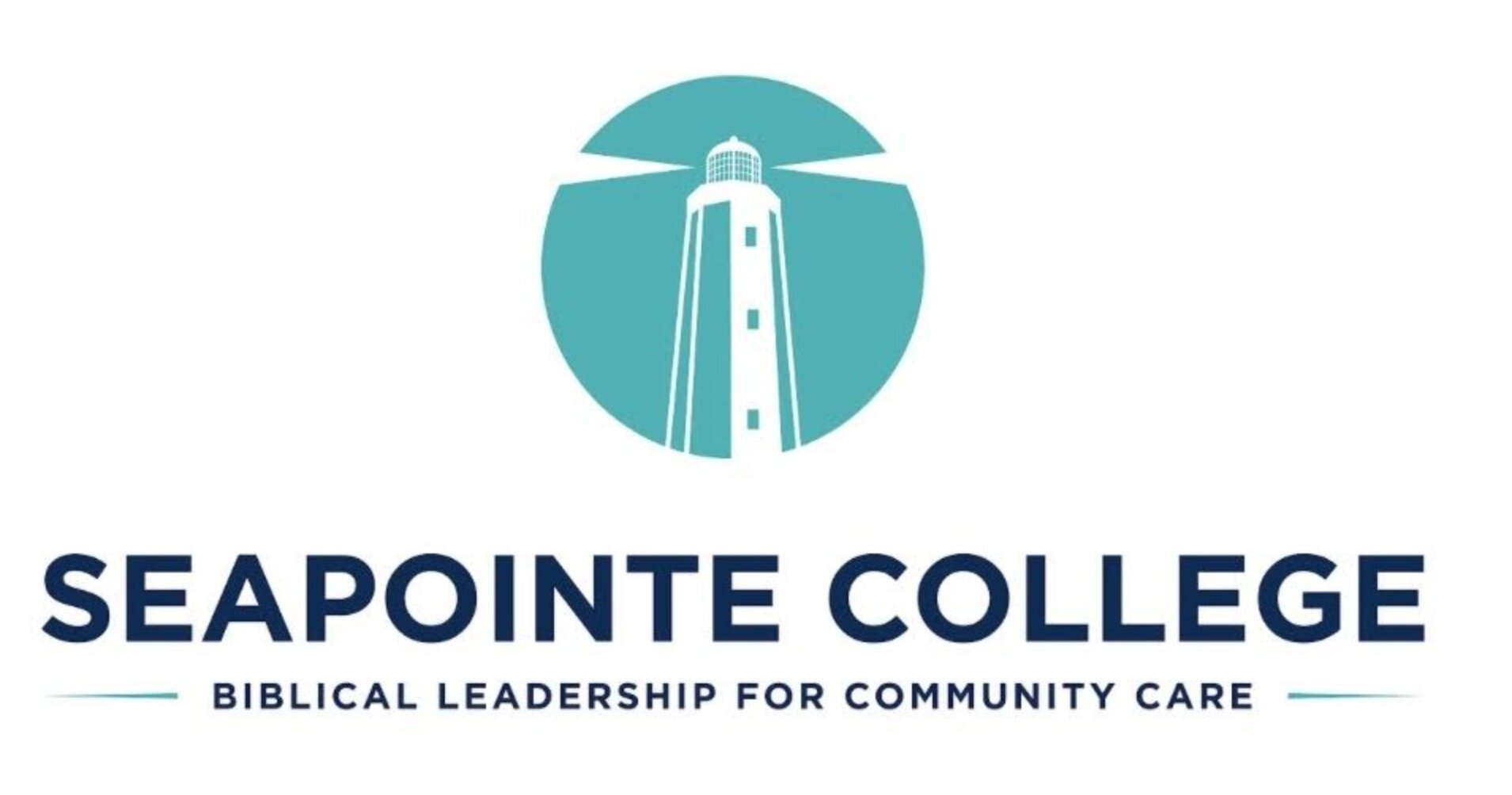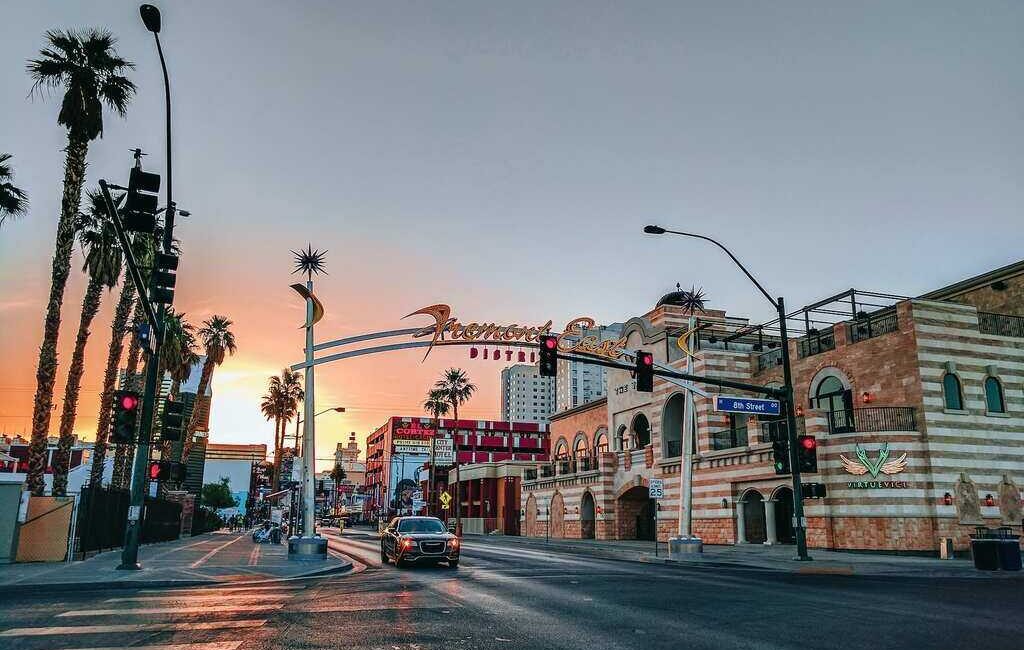
The referendum which announced Crimea’s support for the intercession of Russia, and declared their willingness to join the Kremlin, has sparked differences of opinion concerning the size, scope and timeliness of the sanctions against Russia. Many of the EU’s top foreign ministers met in Brussels, hoping to reach terms of agreement of upcoming travel restrictions and other “freezes” as a result of Russia’s military intervention in this peninsular area.
One of the major areas of dispute was over the so-called “blacklist.” The blacklist would restrict legal means of travel within the EU for the names who that were chosen; however, foreign ministers gathered in Brussels had a very difficult time agreeing over how expansive this list should be and whether or not it should encroach on Vladimir Putin’s inner circle.
According to Lubomir Zaoralek, the foreign minister for the Czech Republic, there are approximately 20 businessmen from Russia and Crimea on the list at this time. Sebastian Kurz of Austria added that the list was made of mostly figureheads from the, “from the political realm, from the military realm, but I think it would be wrong to take random measures against business figures or other groups.”
Important omissions from this list so far include Alexey Miller, who operates as the chief executive officer of the natural-gas export OAO Gazprom, which is a Russian monopoly. Some say that the reason he was not included was strictly based on the fact that Europe is in need of Russian energy. Germany, for example, calls upon Russia to provide close to 35 percent of the gas and oil that it imports. Their foreign minister said that a stern message must be sent to the Kremlin but that a negotiated settlement must always be allowed to be possible.
A time limit will most likely be added to the EU’s ability to extend this blacklist, said Jean Asselborn of Luxemburg. The U.K.’s representative added that he certainly hopes there will be an appropriate amount of Crimean as well as Russian names on the list before it is all over.
A total of eighteen days now separate the first troops seizing facilities in Crimea and a total of eleven days since the EU leaders consulted at an Energy Summit at which they told Russia to pull their armed forces back from outside monitors “immediately.”
Countries who were under Russian control during the Cold War are not ecstatic with the way the proceedings have developed so far. The foreign minister for Lithuania, which was under the control of the Soviet Union during the Cold War, said that he is not happy at all with the “speed we’re working.” Adding that “they should be stopped now, not in two weeks.” In an EU council such as this one there is the need to get all 28 governments to agree on a path forward making the pace of the proceedings somewhat laborious.
Certainly the tensions between countries who felt the grip of the Soviet Union during the Cold War and those EU countries who have grown fond of Russia’s energy reserves will continue to grow over the coming weeks as the EU tries to finalize a blacklist and implement other freezes on Russia only days after Crimea’s own vote of support for the Kremlin’s intervention.
By Nick Manai
Buisnessweek
Telegraph



